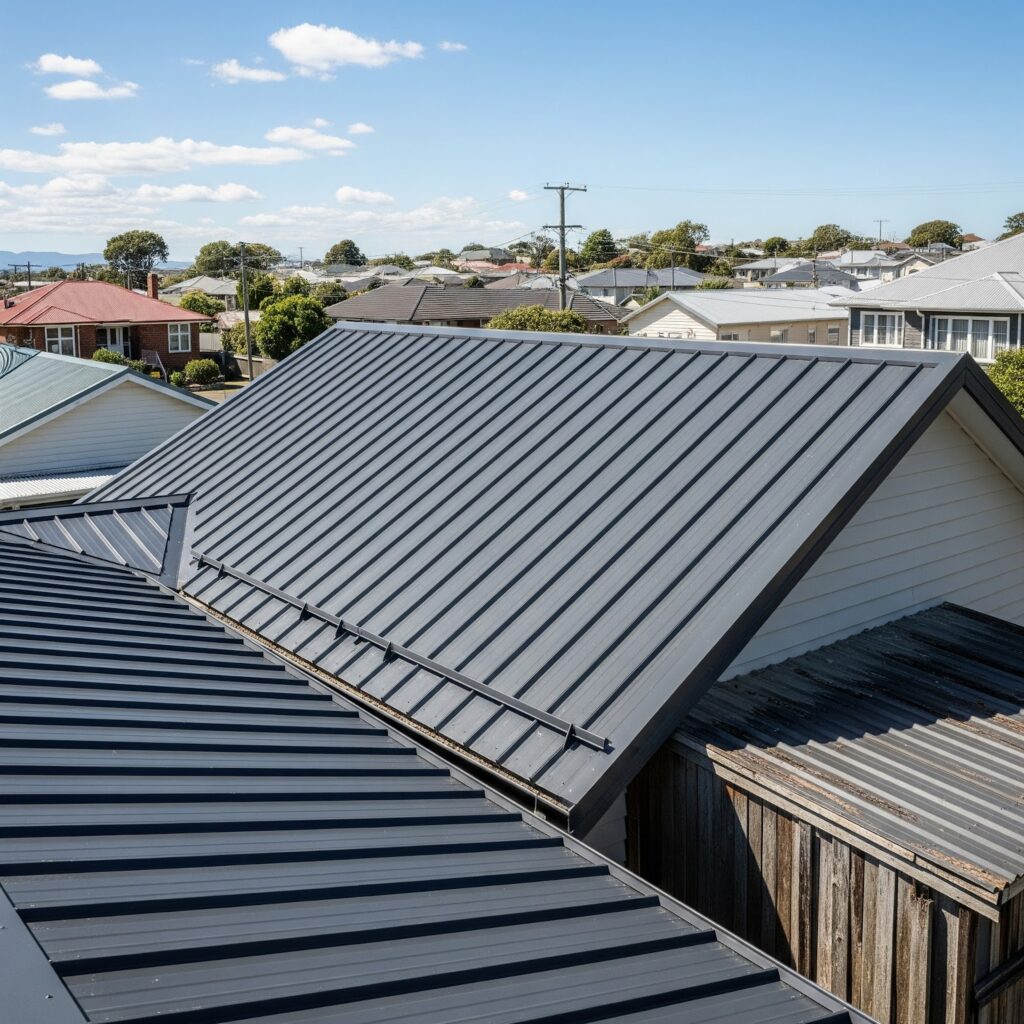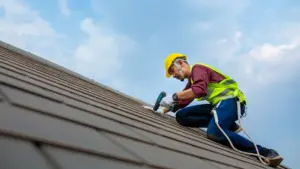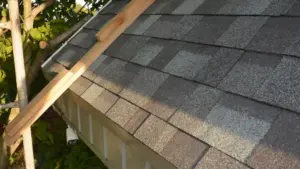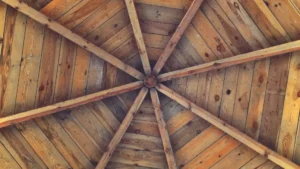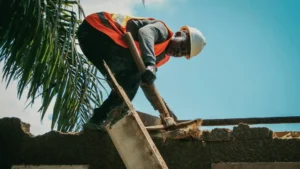If you’re considering upgrading your home’s roof, chances are you’ve asked the big question: “How long does a metal roof last?” Unlike asphalt shingles that often need replacement every 15–20 years, a properly installed and maintained metal roof can last several decades—sometimes even a lifetime.
In this guide, we’ll break down the average lifespan of different metal roofing materials, what factors affect durability, why maintenance matters, and how metal roofs compare to other roofing systems. By the end, you’ll understand why so many homeowners choose metal roofing as a long-term investment.
Average Lifespan of a Metal Roof
On average, a metal roof lasts between 40 and 70 years. Compare that to asphalt shingles, which rarely make it past two decades, and you’ll see why metal has become such a popular choice. The exact lifespan depends on the type of material used:
- Steel roofs: Typically 40–60 years with protective coatings.
- Aluminum roofs: Often last 50+ years thanks to natural rust resistance.
- Copper roofs: Known to last 70+ years, with many historic buildings still carrying their original copper roofing over a century later.
- Zinc roofs: Can easily exceed 80–100 years with proper care.
This impressive durability is one of the strongest selling points of metal roofing.
Why Metal Roofs Last So Long
The key to a metal roof’s longevity lies in its resilience. Unlike organic materials such as wood or asphalt, metal doesn’t absorb water, rot, or warp. It also stands strong against mold, mildew, pests, and even fire.
Modern protective coatings, such as galvanization and high-quality paint finishes, add an extra shield against sun damage, rust, and harsh weather. Plus, standing seam metal roofs feature hidden fasteners that minimize leak risks, further extending their lifespan.
With quality installation and proper maintenance, metal roofing easily outperforms most alternatives.
Factors That Influence Lifespan
Not all metal roofs last the same amount of time. A few key factors determine just how long your roof will serve you:
- Type of Metal Used – Copper and zinc are the champions of longevity, while aluminum and steel still perform exceptionally well but may need recoating over the decades.
- Installation Quality – Even the best metal roof won’t last if it’s poorly installed. Choosing an experienced roofing contractor is critical for long-term performance.
- Local Climate Conditions – Salt air near coastal regions can wear on steel, while extreme heat or hail may test a roof’s protective finish. Matching the right material to your climate makes a big difference.
- Ongoing Maintenance – Though low-maintenance, metal roofs still need occasional inspections, gutter cleaning, and paint touch-ups to maximize their lifespan.
Real-World Durability Examples
Consider areas with intense heat, heavy snow, or frequent storms. Asphalt shingles often crack, curl, or lose granules within 10–15 years under such conditions. Metal roofs, however, continue performing for decades, often requiring nothing more than minor upkeep.
It’s not unusual for homeowners to install a metal roof once and never have to think about replacement again within their lifetime. That level of security is what sets metal apart from most other roofing systems.
Metal Roof vs. Shingle Roof
Homeowners often debate between shingles and metal. Here’s the reality:
Shingles may cost less initially, but their short lifespan means multiple replacements over 40–50 years. Metal roofs cost more upfront but easily last two to four times as long. Over the long run, a metal roof is not only more durable but also more cost-effective.
This makes metal a “buy once, cry once” investment—you pay more at the start but enjoy decades of peace of mind without the hassle of constant replacements.
Energy Efficiency Benefits
One overlooked benefit of metal roofing is energy efficiency. Many metal roofs are coated with reflective finishes that deflect heat from the sun. This helps keep homes cooler in the summer, reducing air conditioning costs.
Over time, those savings add up, further increasing the return on investment.
Maintenance Tips to Extend Lifespan
While metal roofs are low-maintenance, they aren’t completely maintenance-free. To push your roof closer to the 70-year mark (or beyond), follow these practices:
- Inspect your roof every year or two for loose fasteners or sealant wear.
- Clear leaves, branches, and debris from valleys and gutters.
- Wash away dirt buildup to maintain reflective coatings.
- Touch up scratches or scuffs quickly to prevent rust.
- Ensure proper attic ventilation to reduce condensation damage.
A little preventative care goes a long way.
Environmental Advantages
Metal roofing isn’t just good for homeowners—it’s good for the planet. Most metal roofing materials are made from recycled content, and they’re 100% recyclable at the end of their long lifespan.
By contrast, millions of tons of asphalt shingles end up in landfills every year. Choosing metal means investing in a greener, more sustainable future.
The Bottom Line: Is a Metal Roof Worth It?
So, how long does a metal roof last? With proper installation and care, you can realistically expect 40–70 years or more of solid protection.
While the initial price tag is higher than shingles, the benefits—durability, energy efficiency, low maintenance, and resale value—make metal roofing one of the smartest investments you can make for your home.
For many homeowners, a metal roof truly is the last roof they’ll ever need.
FAQs
What is the typical lifespan of a metal roof?
Most metal roofs last between 40 and 70 years. Copper and zinc can last well over 80 years with proper care.Does a metal roof require much maintenance?
Not really. A quick inspection every year or two, plus occasional cleaning, is usually all that’s needed.
Will a metal roof rust over time?
Modern coatings protect against rust. With regular care, rust is rarely a problem.
Is a metal roof worth the higher upfront cost?
Yes. When you consider longevity, reduced energy bills, and resale value, metal roofs often save money over the long run compared to shingles.

